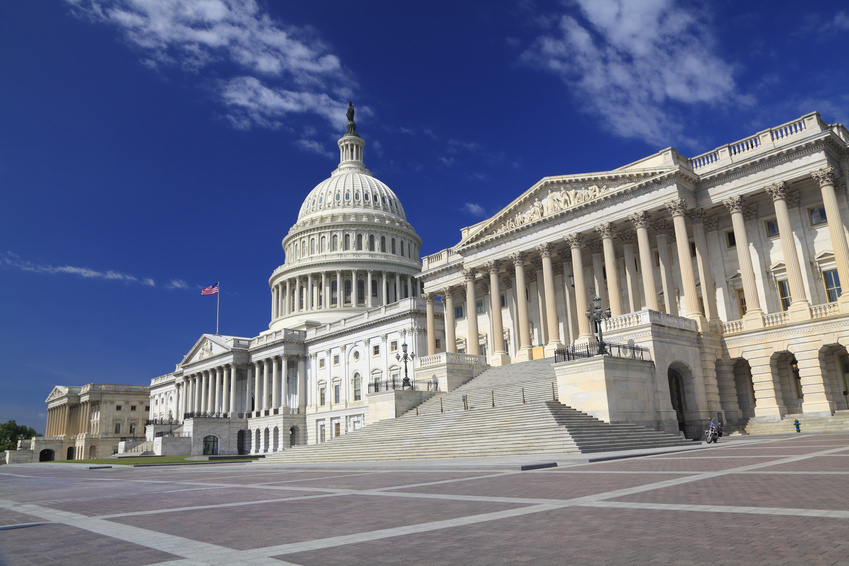Reclassification of individuals or activities for one purpose can have knock on consequences to business models and can lead to issues and liabilities in areas such as employment, wage tax, pensions, tax and regulatory. A decision or change in one area of law may be a time to re-assess the business model and consider whether that determination might have wider commercial implications.
The Monetary Authority of Singapore (MAS) recently released a consultation (“Consultation”) on its “Proposed Amendments to MAS’ Investigative and Other Powers under the Various Acts.” The amendments, to be introduced through the Financial Institutions (“Miscellaneous Amendments”) Bill (“proposed provisions”), will expand the supervisory and enforcement powers of the MAS under the following acts: Banking Act (BA); Credit Bureau Act; Financial Advisers Act (FAA); Insurance Act (IA); Payment Services Act (PS Act); Securities and Futures Act (SFA); Trust Companies Act (TCA); and the upcoming new omnibus Act (“new Act”) for the financial sector (collectively, “relevant Acts”).
When world economies face challenges, employment claims of all types rise. COVID-19 impact on work, working life, and the employment relationship has been unprecedented. We’re now in the midst of a pandemic many employers thought we were heading out of, but the Delta variant could make employers’ plans to return to the office even more difficult than originally anticipated.
The recent unrest and looting in South Africa have had a severe impact on businesses and employers in the country. Such businesses have had to address urgent issues including concerns regarding insurance cover, invoking force majeure clauses, ensuring employee health and safely, assisting affected or stranded employees and implementing disciplinary action for employees caught taking part in the looting.
On 9 December 2020, the Supreme Court issued Administrative Matter No. 20-12-01-SC. Among others, the Videoconferencing Guidelines allow non-resident foreign nationals to participate or testify in a case before a Philippine court, through videoconferencing conducted from a Philippine embassy or consulate.
In this article, we will discuss the second fundamental element under the NACC’s guidelines, which is “the risk assessment to effectively identify and evaluate exposure to bribery.
In our previous article (link), we discussed the benefits for a company that has appropriate internal control measures. For the second article of the series, we will discuss the first fundamental element under the NACC’s guidelines, which is “the companies’ internal control measures should be strong, visible policies and supported by top-level management to prevent bribery.”
Under the Organic Act on Counter-Corruption, B.E. 2561 (2018), companies operating in Thailand must put in place “appropriate internal control measures” that comply with the National Anti-Corruption Commission’s (NACC) guidelines. Failure to do so carries a penalty of a fine from one to two times the value of the damage caused, or benefits gained, as a result of the violation.
In an article published in Compliance and Risk Journal, Baker McKenzie lawyers look at the issues raised when employee investigations are conducted across jurisdictions and identify how employers can manage some of the risks involved.
On 2 June 2021, United States Trade Representative (USTR) Katherine Tai announced the conclusion of the one-year Section 301 investigations of Digital Service Taxes (DSTs) adopted by Austria, India, Italy, Spain, Turkey, and the United Kingdom.



